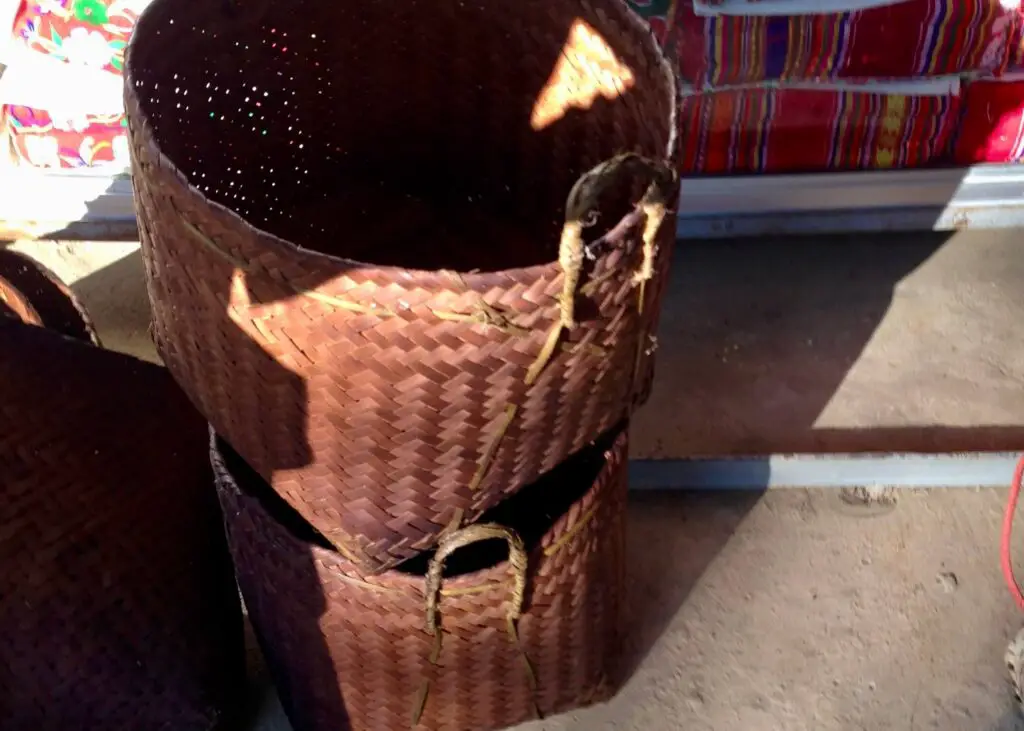
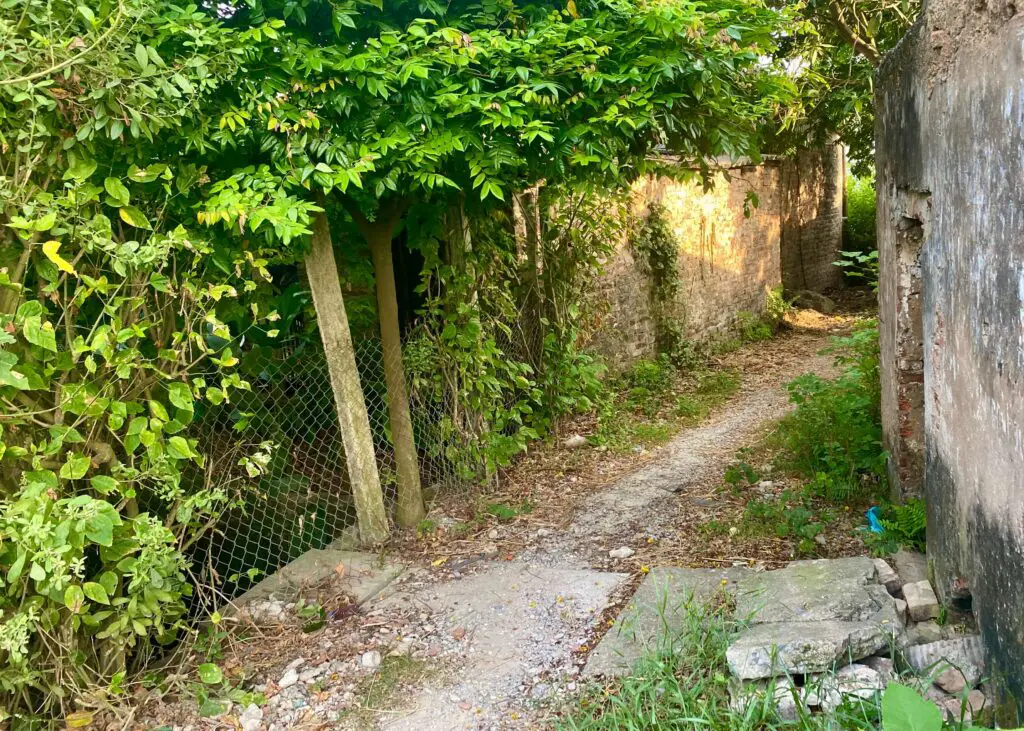

History & Culture
At A Bus On A Dusty Road, we cherish the richness of history and culture. We recognize that to truly comprehend the world, the significance of history and culture is indispensable in guiding us to “Live Life as a Global Citizen.”
-

Koi Fish Symbolism And Meaning Defined
Many Koi Fish swim in a pond near my house in Hanoi, Vietnam. The Koi fish were put there purposely as a sign of good luck for anyone who walked or lived near the pond. The Koi fish have many symbols, from their color to the fish. The fish can bring you positive energy, good
-

Why I Love ABBA’s Music, 9 Reasons Why
The other day, I was riding in a taxi in Hanoi, Vietnam, and I had on my headphones listening to the new ABBA Voyager album. I mentioned ABBA, and the driver quickly asked if I wanted to have him put on some ABBA music. This is the symbol of ABBA and their music – it
-
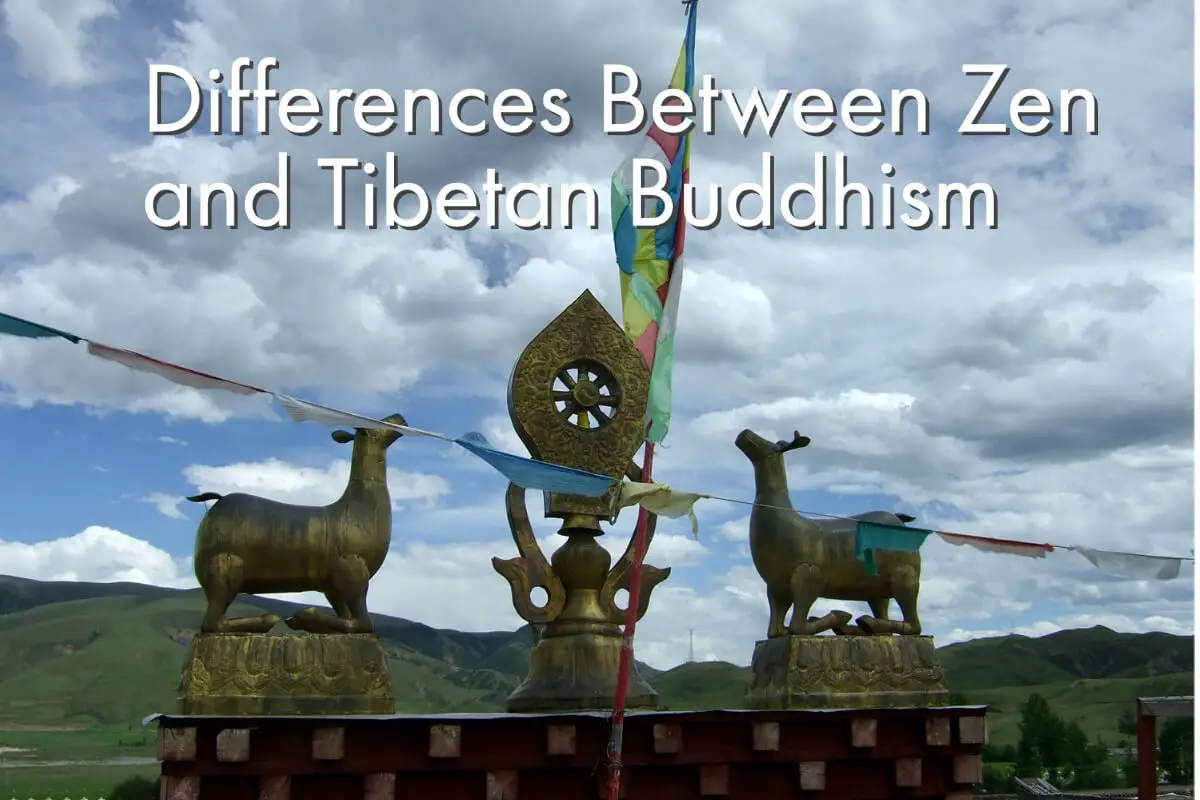
Tibetan Buddhism Vs. Zen Buddhism, 7 Main Differences
Understanding Buddhism is not always easy. When traveling to Asia, it is good to understand some differences between the two major Buddhist sects. Tibetan and Zen Buddhism are Buddhist sects traditionally practiced in different parts of Asia. Zen Buddhism is practiced mainly in East Asia, whereas Tibetan Buddhism is practiced mainly in Tibet, Mongolia, and
-
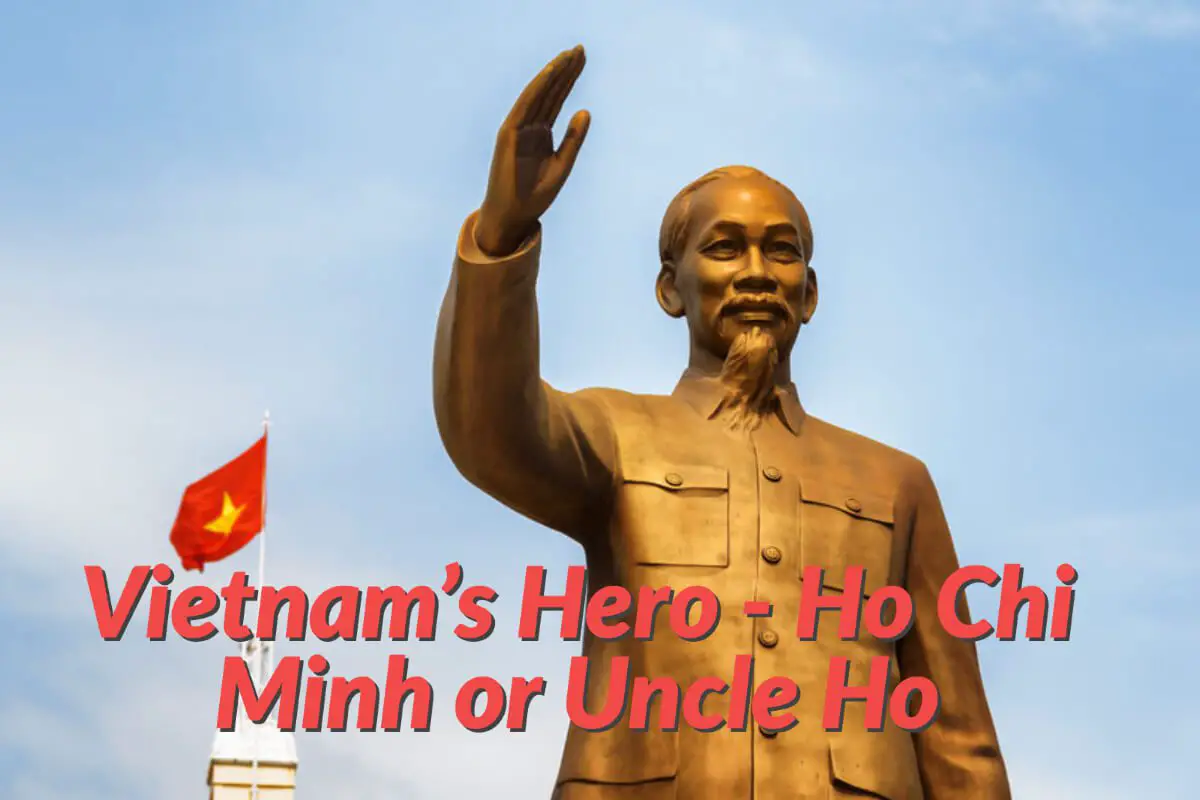
11 Reasons Why Ho Chi Minh or Uncle Ho is Vietnam’s Hero
Anyone who travels to Vietnam will quickly learn how important the Vietnamese leader Ho Chi Minh is to the Vietnamese people. Vietnam’s largest city was renamed from Saigon to Ho Chi Minh City to honor him. Ho Chi Minh, also known as Uncle Ho by the Vietnamese, is the founder of present-day Vietnam; he is
-

What Is The Meaning Of Koi Fish To The Japanese Culture?
Have you ever seen a vibrant orange-and-white koi fish swimming in an ornamental pond? Do you know what the symbol behind it means? In Japan, where these fish originate from, the meaning of koi has strong spiritual and cultural connections. Much Japanese art and culture use the Koi fish symbol; the koi fish is a
-
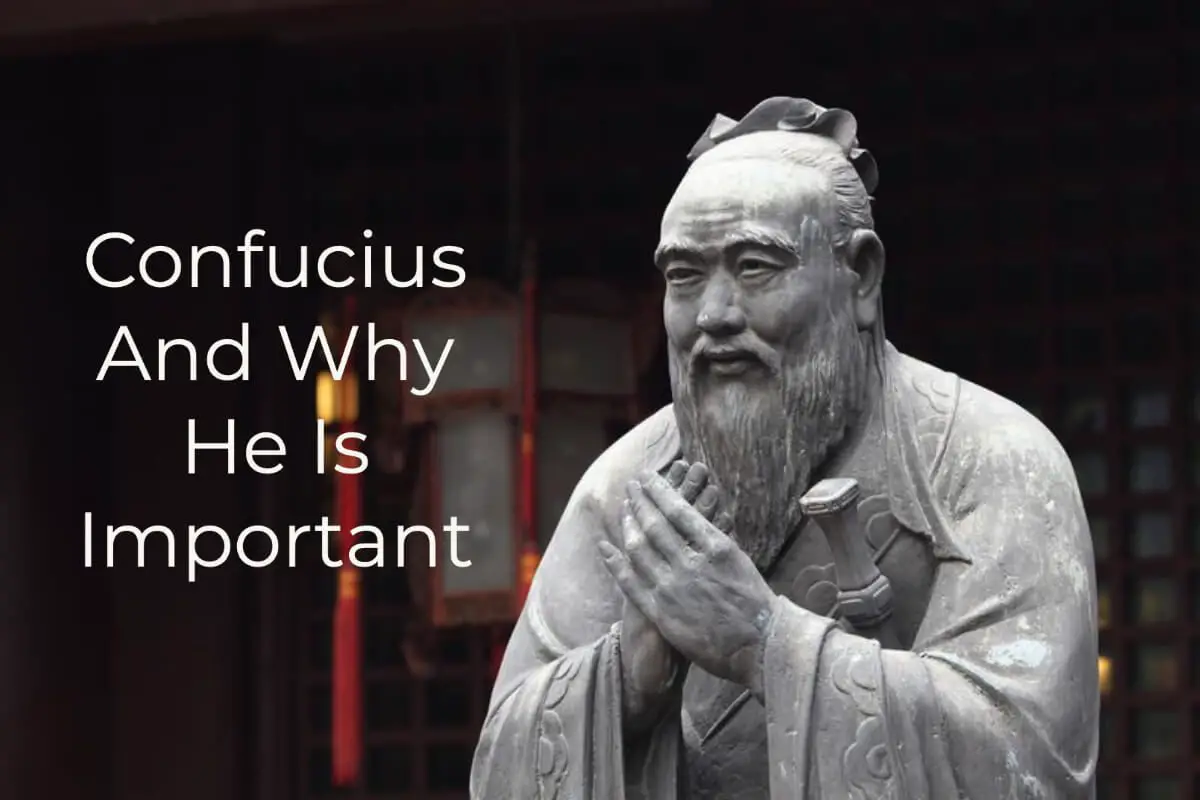
Who Was Confucius And Why Was He Important?
Years ago, when traveling in China, I visited Confucius’s house, temple, and cemetery. Today his house, temple, and cemetery are popular tourist destinations. Confucius was a renowned Chinese philosopher, politician, and educator. He lived over 2,500 years ago, yet his social and moral beliefs still influence many parts of Asia today. During his lifetime, he
-
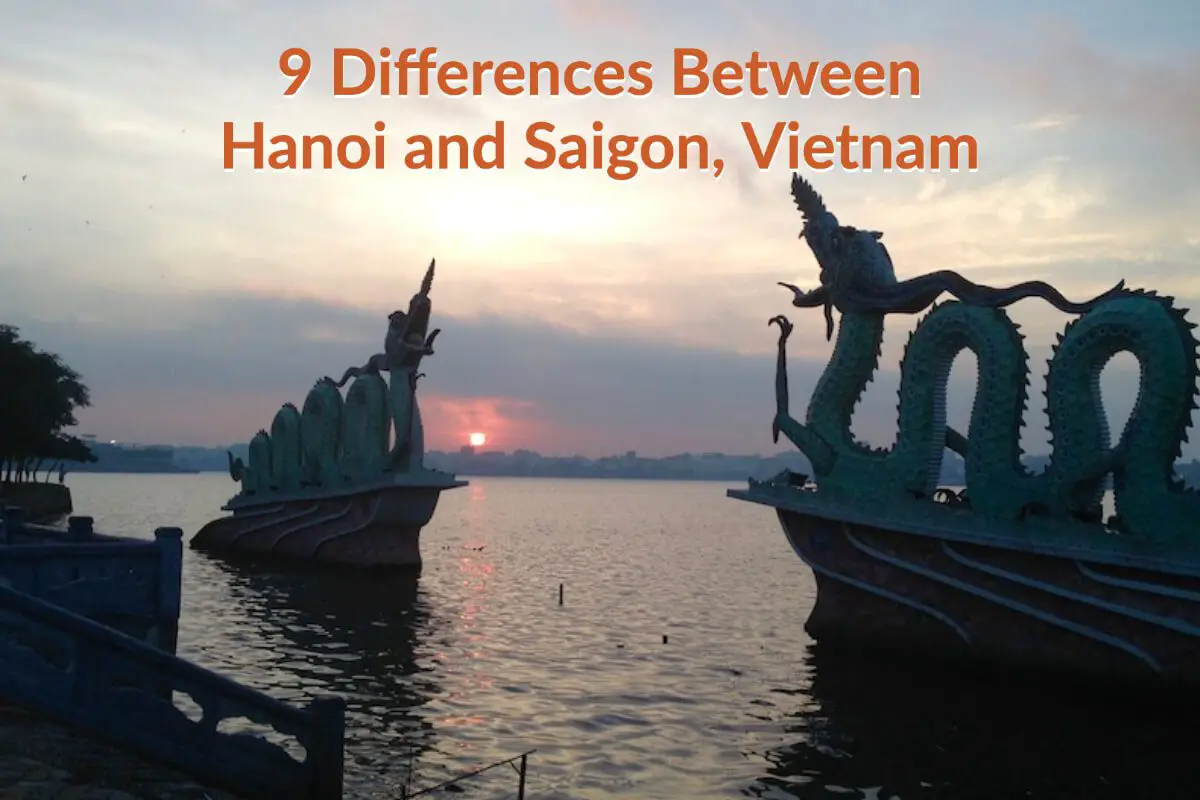
Differences Between Hanoi And Saigon? 9 Differences Explored
I have lived in Hanoi for many years and have spent some time living in Saigon, Vietnam. Even though they are both in Vietnam, Hanoi and Saigon have some distinct differences. Hanoi and Saigon may be in Vietnam, but they also differ in the food and language of both cities’ daily lives. The weather and
-
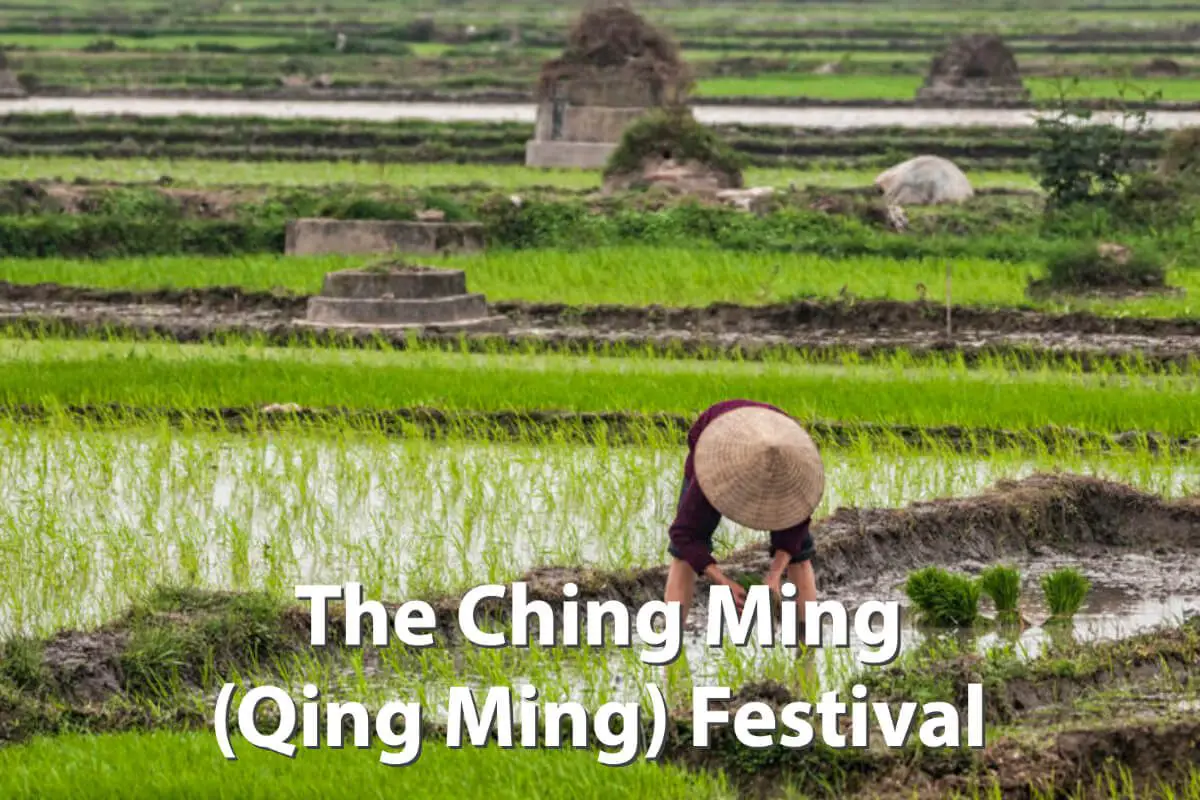
Where Is The Ching Ming (Qing Ming) Festival Celebrated? All About
In April of each year, a large part of Asia celebrates a holiday known as Ching Ming (Qing Ming) festival. This holiday is a ceremony where Asians will go to their ancestor’s graves. The Ching Ming (Qing Ming) festival is celebrated in most parts of Asia, especially in any country with a large Chinese community.
-
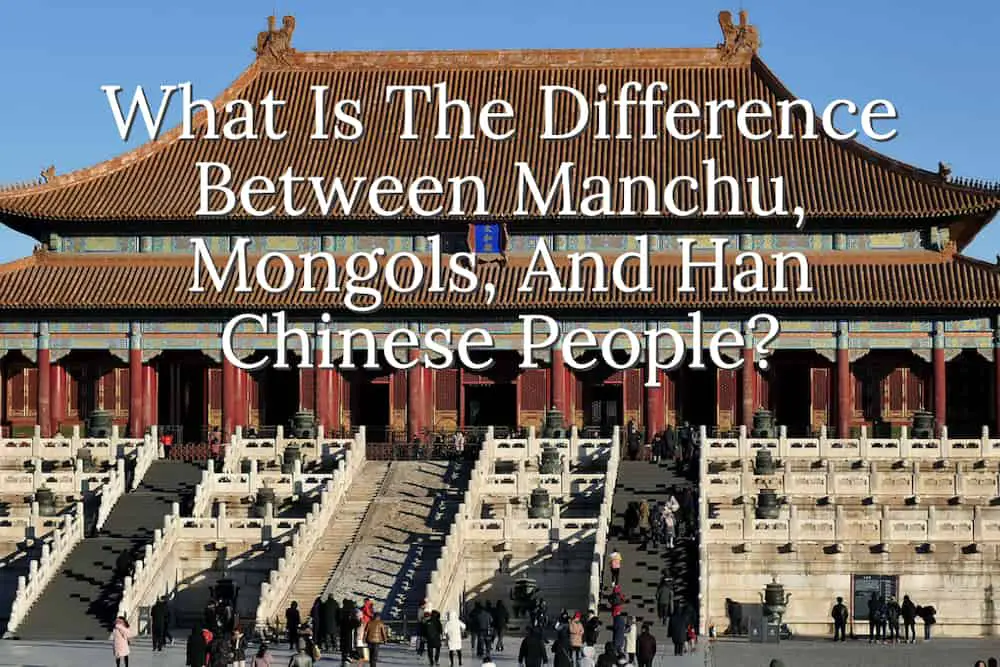
What Is The Difference Between Manchu, Mongols, And Han Chinese People?
When traveling around China or studying Asian history, the difference between the Manchu, Mongol, and Han Chinese ethnic groups can sometimes be confusing. They may all seem similar, but they are different ethnic groups. The Manchu people are traditionally from Northeastern China and speak Manchurian. The Mongol people mainly live in Mongolia and in Inner
NEWSLETTER SIGN UP
